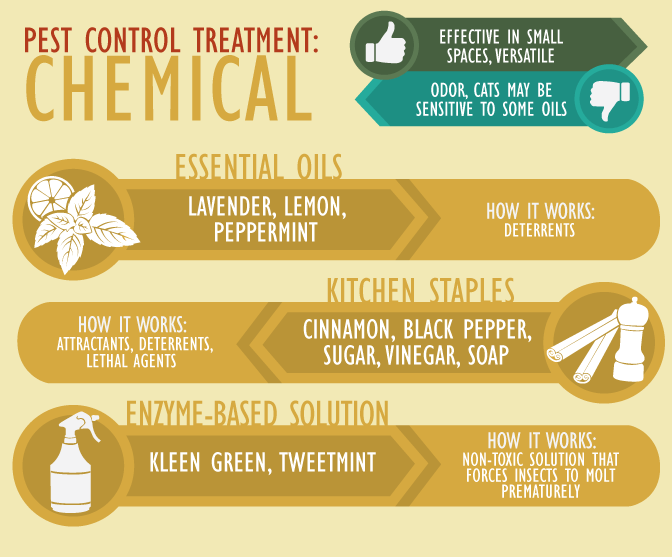Pest-Proofing Your Yard: Tips For Maintaining Outside Insects At Bay
Pest-Proofing Your Yard: Tips For Maintaining Outside Insects At Bay
Blog Article
Authored By-Dunlap Merritt
Picture your yard as a haven, a place of harmony and beauty. Nonetheless, the existence of exterior insects can swiftly disrupt this picturesque photo. What happens if there were simple yet reliable methods to maintain these unwelcome site visitors away and shield your garden sanctuary? By following a few practical ideas and applying all-natural methods, you can create a harmonious outside room where your plants can grow undisturbed.
Natural Bug Deterrents
To keep pests far from your garden naturally, plant aromatic natural herbs like mint and lavender. These fragrant plants not just include beauty to your garden yet likewise function as efficient pest deterrents. Pests like mosquitoes, flies, and even some garden-damaging bugs are repelled by the solid scents sent out by these herbs. Just placing them tactically around your yard can aid produce a natural barrier against unwanted bugs.
In addition to mint and lavender, think about planting other natural herbs like rosemary, basil, and lemongrass to better enhance your yard's pest-proofing capacities. xtreme pest control serve as all-natural repellents however likewise have the added advantage of working in cooking or crafting homemade treatments.
Strategic Plant Positioning
Consider the design of your garden and the kinds of plants you need to purposefully position them for optimum pest-proofing effectiveness.
Begin by organizing plants with comparable resistance to bugs together. By doing this, you can produce a natural obstacle that discourages pests from spreading out throughout your garden.
In addition, putting pest-repelling plants like marigolds, lavender, or mint near more susceptible plants can help protect them. https://rat-removal-from-roof62739.csublogs.com/38701597/exploring-the-major-health-threats-offered-by-common-family-cockroaches-to-pole , such as sunflowers or corn, can work as a guard for shorter plants versus parasites like rabbits or ground-dwelling insects.
Keep in mind to leave enough room in between plants to boost air circulation and lower the danger of diseases that pests may bring.
Furthermore, consider planting strong-smelling natural herbs like rosemary or basil near at risk plants to confuse bugs' detects and make it harder for them to locate their targets.
Effective Bug Control Methods
For combating yard pests effectively, executing a multi-faceted parasite control technique is vital. Beginning by encouraging https://dnr.maryland.gov/wildlife/Pages/plants_wildlife/ThinkTwice.aspx like birds, ladybugs, and praying mantises to assist keep insect populations in check. Introducing plants that draw in these advantageous bugs can assist in insect control. In addition, practicing good yard hygiene by eliminating particles and weeds where pests could hide can make your yard less congenial to unwanted site visitors.
Consider utilizing physical barriers such as row cover fabrics or netting to protect vulnerable plants from bugs like caterpillars and birds. Using organic pesticides like neem oil or insecticidal soap can additionally be effective versus particular pests while being much less hazardous to valuable pests and the environment. It's crucial to rotate your plants each season to prevent the accumulation of bug populaces that target specific plants.
Regularly inspect your plants for indicators of bug damages so you can act immediately. By combining these techniques and remaining cautious, you can efficiently regulate yard insects and delight in a successful, pest-free garden.
Verdict
So, there you have it - with the right methods, you can keep pesky outside insects far from your yard and help your plants grow.
Did you understand that planting mint has been revealed to push back insects and other insects, minimizing the requirement for damaging chemicals by as much as 60%?
By including natural deterrents and clever growing methods, you can produce a lovely and pest-resistant garden sanctuary for you to appreciate.
